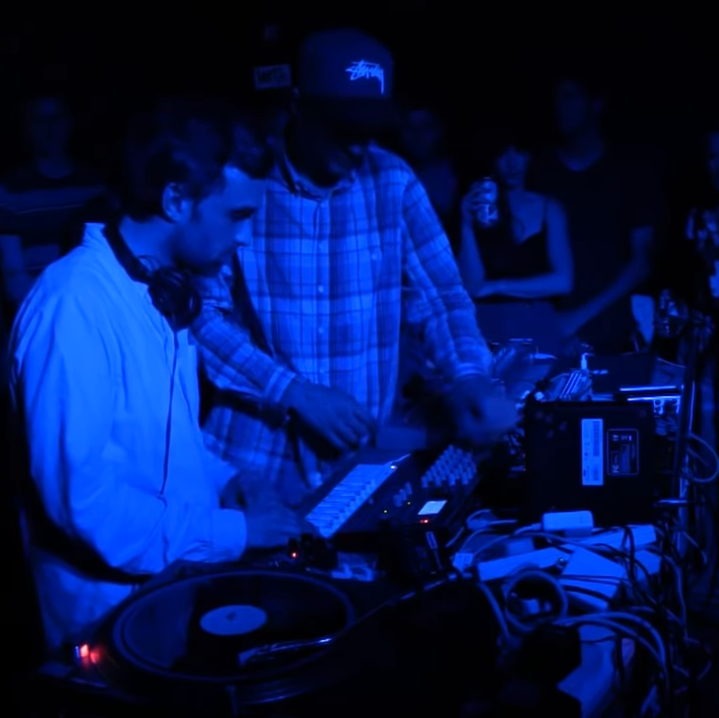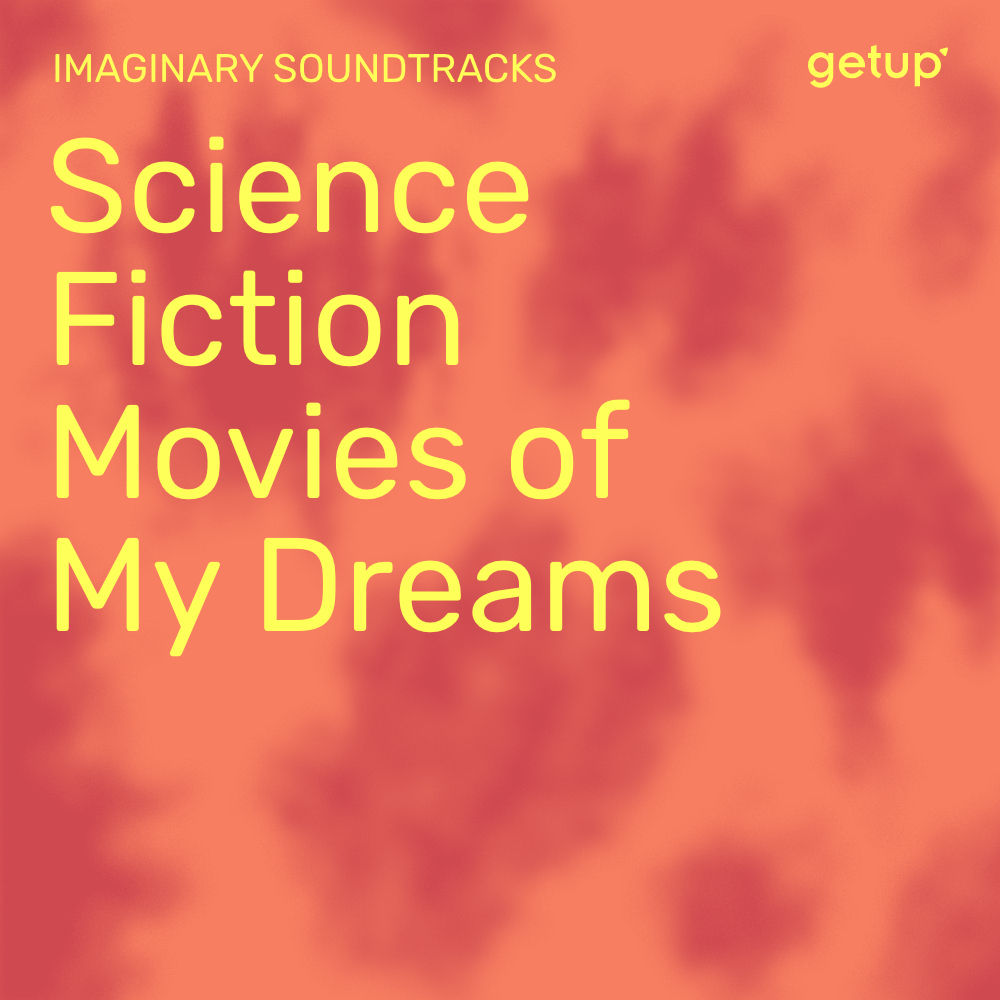“There is fear in the night,
For the dead in their shrouds
Hail the sun’s turning flight…”
H. P. Lovecraft
Night is for primordial chaos, for shamanic rituals, and for musicians. When it envelops us it sucks us into an infinity that gets rid of the shapes and limitations of the day. As Kant said, if day is beautiful then night is sublime. It raises us to the height of the stars, delivering us to the spirits and shadows that emerge from the cracks, and bewitches us, the insomniacs.
All nocturnal things are ambivalent, their magnetic charm combining both the heavenly and the hellish facets of what it means to be sublime. It is this special magnetism that music seeks to capture in a saxophone’s cry, a snaking double bass line, a sad guitar arpeggio, even the sound of a train on the tracks.
This journey of more than three hours is to be listened to once midnight has passed, when in your innermost being you feel the call of the night. You can feel it working on you according to the whim of your unconscious which – until then coiled up in the emotional parts of the brain – is now trying to break free.
This musical suite is a gloomy mass that will throw you into the abyss, but what a delight! The rhythms of your body will be disturbed with refinement, slowed down by slow, sombre electric guitars as well as other electronic sounds. A sexual fever will seize your body and spectral voices will chill your blood.
In describing the depths of the night, musical art begins where language ends. Or as Lovecraft wrote, transcribing the monster Cthulhu’s litany as best he could, “Ph’nglui mglw’nafh Cthulhu R’lyeh wgah’nagl fhtagn”.
.jpg)
%204-27%20screenshot.png)



.jpg)
